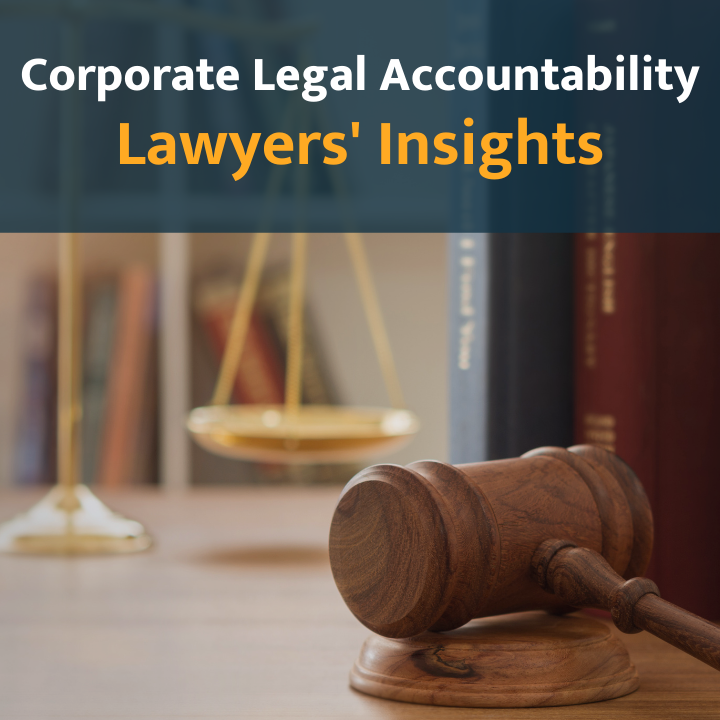Lawyers’ insights on corporate legal accountability: Wilmien Wicomb, Legal Resources Centre, So. Africa

Business & Human Rights Resource Centre
1. What are the biggest challenges you face in your corporate legal accountability work?
One of the biggest challenges is that our clients—affected communities—are rural communities with very little access to electricity, transport, and means of communication. It is therefore very difficult to get information quickly, but that makes it even more important to ensure that information is regularly distributed in the community. People live far from each other, so having regular large community gatherings is expensive and time consuming. This means that there is always the threat of the government or corporations dividing the community. We always want to take care that when we say we are representing “a community”, that that is correct. There is thus always a need for fieldworkers, local advice offices, and CBOs to be further resourced to provide critical support to communities.
A second big challenge is the clear collusion between the government, that acts as a regulator, and corporations. Our Minister of Minerals and Energy, Minister Gwede Mantashe, has come out clearly in favour of coal, oil, and gas extraction in South Africa and therefore can in no way be seen as an objective regulator. This does not only mean that internal statutory remedies are largely meaningless, but also that the State joins corporations in defending cases and, when we are successful, it is more difficult to have judgments implemented.
2. What key opportunities do you see for promoting corporate legal accountability (at the national, regional or international levels)?
I think the global movement against fossil fuels is changing the social acceptability of corporations doing anything in pursuit of profit. That, in turn, has an impact on the judiciary. I have always believed that the law on its own cannot change the world. It must be accompanied by a change in public perception around the acceptability of certain behaviours. I think we are seeing that shift happening in the perception of the general public. That inevitably impacts the judiciary. For example, judges have traditionally been very unwilling to make orders against corporations that will see them suffer huge financial losses or that will prejudice so-called “economic development” in favour of protecting the rights of vulnerable people. That is changing, as we saw in the interim interdict granted against Shell in South Africa in December 2021.
I also think that the broad recognition of the concept of free, prior, and informed consent globally, regionally, and nationally is very significant. Ten years ago, the concept as a legal standard was only widely used in international law related to indigenous peoples. It is today part of the tools of local communities everywhere not only to assert in courts but as an advocacy tool. In South Africa we have seen the very successful “Right to Say No” campaign.
3. What key lesson(s) have you learned in your efforts to advance corporate legal accountability?
The “Right to Say No” campaign mentioned above was born out of support for litigation but its momentum has continued far beyond litigation. There are very significant opportunities in mobilising around court cases in a way that not only strengthens the case, but builds momentum for sustainable action beyond the court case.
Litigation without mobilisation has much less impact.

